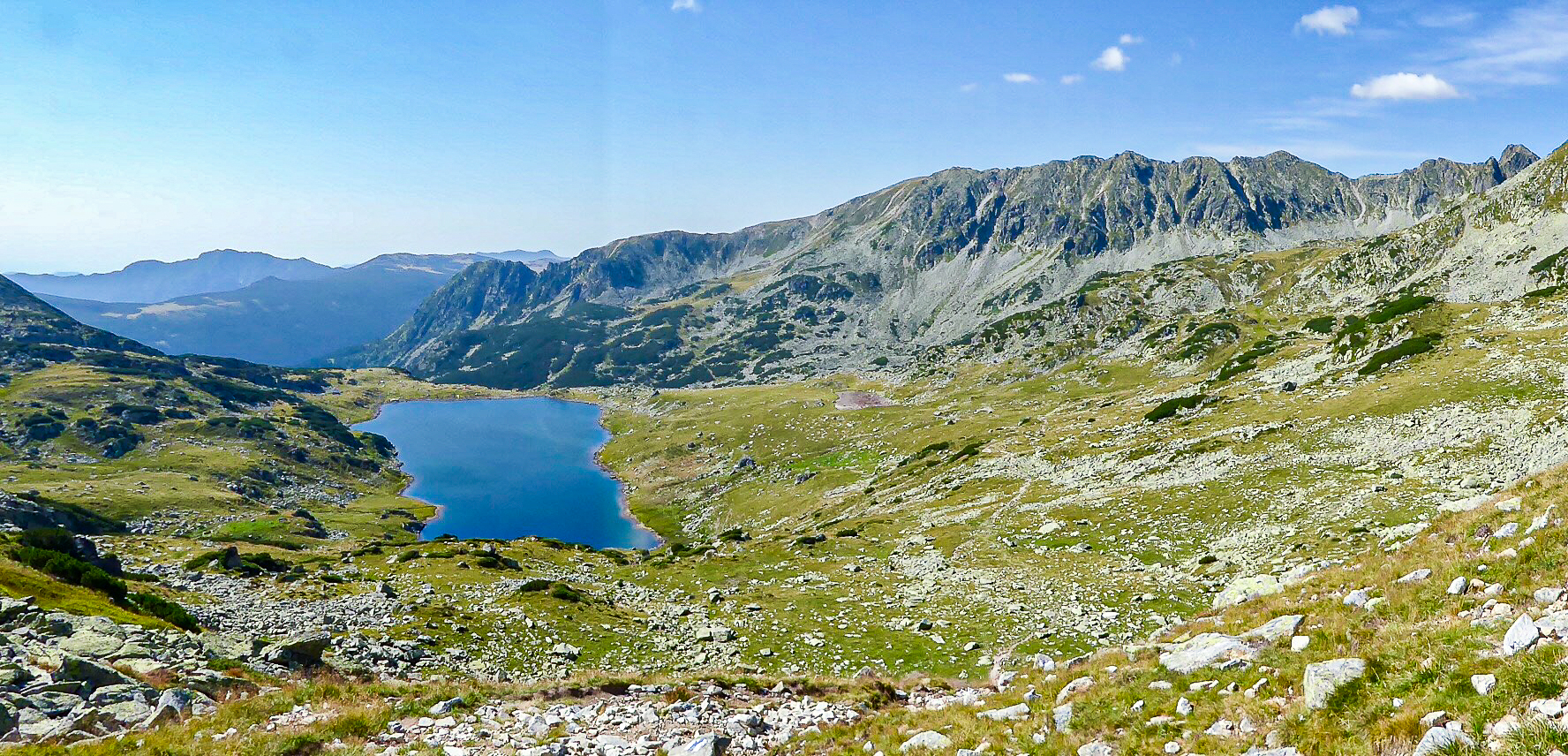17-19 August 2017. Retezat National Park, the oldest of the 14 national parks in Romania, is not easily accessible. It is situated within the Retezat Mountains, which are part of the Southern Carpathian mountain range. The area is famous for its 80+ glacial lakes and 20+ peaks of 2,000m+.
However, the breathe-taking landscape will make it worth your while to make the trip there.
How To Get To Retezat National Park
I was fortunate to visit Retezat National Park with my in-laws. It took us 1h 30min to drive from Sebes to Carnic, the nearest village to the park. We first traveled on A1 Highway, before switching to European E79. Then we turned turn into 667A, a winding village road to Carnic. After that, it took us another 1h 30min to hike up 4.5km, 450m/D+ to our stay at Cabana Pietrele.
As such, a visitor would have to have access to a car to get to the park. Otherwise, there may have to rely on the infrequent buses that go to one of the neighbouring villages.
Let The Photos Do The Talking
First Day


After we reached the cabana, Silviu and I did a 3-hour hike, comprised of two steep climbs. For the first 900m, we basically did a vertical climb in the alpine forest. Often, we had to climb over big boulders. We climbed 250m in the first 900m, before it flattened out for another 900m. It was then followed by another 238m climb in 1km, with me on my fours, scrambling on the rocks.

Day 2
We hiked up to Peleaga Peak, the highest peak in Retezat Mountains, standing at 2,509m. Along the way, we feasted our eyes on Bucura Lake (profile pic), the largest glacial lake in Romania.
Scree scrambling continued on the second day. Similar to cycling, I prefer ascents to descents. Climbing is certainly tough on the quadriceps and cardio. However, the overall stress quotient is not as high as that of the descent. A descent is usually a toll on my quadriceps, my knees, and above all, my mental health.
My overripe imagination struck. With each step I took, I felt that I would either fall hard on my butt or tumble down the jagged-rocks covered slope. Fortunately, none of my paranoid thoughts were realised. However, I suffered from muscles soreness on my quadriceps, mainly due to a year of hiatus from trail running.




About Cabana Pietrele
Cabana Pietrele is one of the very limited number of cabanas within the park. The cabana is made up of a few cottages and a dormitory.
Each cottage is split into 1-4 rooms with each room separated by thin walls stapled together. No electricity is provided in the room, except an electrical light which is only switched on between 20:00-22:00 in the summer. I shared a clean-looking 8m2 room, furnished with two single low beds, with Silviu. There are no windows in the room and the only source of natural light comes through the window pane of the door.
The cottage guests have access to a well-maintained communal Indian/Turkish style outhouse. There is also a communal external place where two small pipes bring in refreshing stream water for consumption purpose, and where ablution is performed. In addition, the cabana is equipped with a cafeteria where simple dishes such as omelette, breaded cheese, polenta, and grilled pork are served.
Other than the small cottages mentioned, Cabana Pietrele has a dormitory that is equipped with indoor showers and toilets. The tariff for these rooms is around 25% higher. Electricity access, however, is as restricted as that in the cottages.
In conclusion, the amenities are basic, yet adequate for a brief stay in the mountains. It’s best for an evasion from secular materialism (not really for me, as I brought my ipad along to read :-))
